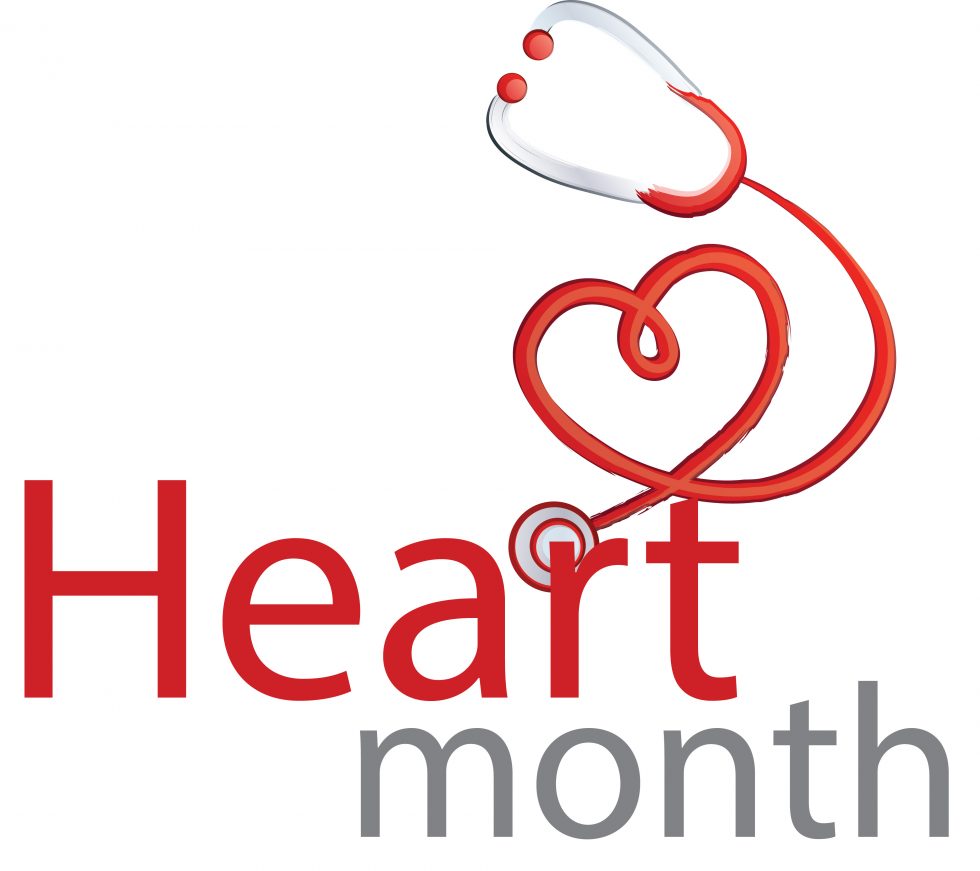American Heart Month is an excellent time to start focusing on your heart’s health. If your family has a history of heart disease or if you have, in some ways, been neglecting your body, there is no better time to work on improving your health than now. As you follow these tips, keep in mind that better heart health usually requires long-term diet and lifestyle changes, not just short term improvements.
Watch Your Weight
You must watch your weight when caring for your heart’s health. If you fall into the overweight or obese category (1), it’s time to ditch fatty and sugary snacks, and to increase your physical activity. Also, a lesser known fact is that being underweight can also have adverse effects on your heart.(2) Achieving a healthy body weight, and maintaining it through healthy diet and exercise, is essentially the key to good heart health.
Get More Exercise
Being physically active is extremely important.(3) Unfortunately, we live in a time where most of us hold a desk job and have to find extra time to be physically active. Exercising 30 minutes per day for at least 5 days each week is considered a goal to strive for to maintain good health. Walking, running, swimming, working out with weights, Tai Chi, Yoga, dancing, playing sports, working out at the gym – whatever you do to move your body more is beneficial.
De-stress Yourself
There are countless downsides to being consistently stressed out, and heart issues is just one of them.(4) If you find yourself with the “boss from hell”, or other problems at work, or if things are not great at home, or if any aspect of your life is stressing you out, it’s important to put a strategy in place to reduce your stress. For example, have a day out with your friends, go see your folks at their place, plan a beach day or a picnic, or do something that you really love to do. You can even introduce small changes to your daily routine, for example, drinking chamomile tea just before bed or doing yoga in the morning can be relaxing. Remember that being stressed out can damage your heart.
Don’t Skimp on Your Sleep
It’s difficult to over emphasize how important it is to get proper sleep. Try your best to get eight hours of sleep every night, going to bed and arising around the same times each day. Studies have shown that insomnia is closely linked to higher blood pressure levels and diseases of the heart.(5) Other than that, not getting enough sleep can raise your stress levels, which, in turn, can also negatively affect your heart’s health.
Therefore, take actions to change your routine and get enough good quality sleep. Remember to make your sleep environment comfortable – make sure the room is dark and quiet and a good temperature for sleeping. You can also take natural supplements to sleep better, such as chamomile or melatonin.
Cut Down on Your Alcohol Intake
Excessive alcohol intake can lead to problems like cardiomyopathy (diseases of the heart muscle) which can ultimately lead to heart failure. So, limit your alcohol intake to one glass per day or only to special occasions.
Eat Smart
Remember that eating foods laden with preservatives, salt or sugar can also be bad for your heart. So, try to eat smart and choose fish, lean meats, and lots of vegetables, particularly green, leafy vegetables, over processed foods.
Many of our food sources today don’t provide us with adequate nutrition, and they can also contain toxins. In addition, many people have poor gut health which limits the nutrition the body absorbs. For these reasons, it’s important to take nutritional supplements to make up for the nutrition that is missing in our diet.
Whole food supplements provide the best source of nutrients, particularly those supplements made from food sources that are genetically compatible with the body.
Keep an Eye on Your Numbers
After you reach 40, it’s essential to keep an eye on your numbers. If you have a concern about high blood pressure, regularly monitor your blood pressure with the help of a medical professional and at home. Have blood work done each year to get tested for diabetes and check your lipid profile (cholesterol and triglycerides) so you know exactly where you are at when it comes to your health. This will ultimately lead you to make better choices about your health.
…Also
There are many other factors that can have a negative impact on your heart. One factor is smoking.(6) While you should try your best to quit, it will also help to cut down on your smoking.
Keeping your mind occupied by reading a book or magazine, listening to some music you enjoy, doing a crossword or Sudoku puzzle, or playing an online game, can be distractions from smoking.
Nicotine Replacement Therapy (NRT) can be useful to quit smoking as it will decrease the sensations of cravings and withdrawal you experience that may impede your effort to quit smoking. NRTs are designed to wean your body off cigarettes. They supply your body with a regulated nicotine dose but protect you from exposure to other tobacco chemicals.
References
- Eckel, R. H. (1997). Obesity and heart disease: a statement for healthcare professionals from the Nutrition Committee, American Heart Association. Circulation, 96(9), 3248-3250.
- Suastika, K., Dwipayana, P., Saraswati, M. R., Gotera, W., Budhiarta, A. A. G., Sutanegara, N. D., … & Taniguchi, H. (2012). Underweight is an important risk factor for coronary heart disease in the population of Ceningan Island, Bali. Diabetes and Vascular Disease Research, 9(1), 75-77.
- Dorn, J., Naughton, J., Imamura, D., & Trevisan, M. (1999). Results of a multicenter randomized clinical trial of exercise and long-term survival in myocardial infarction patients: The National Exercise and Heart Disease Project (NEHDP). Circulation, 100(17), 1764-1769.
- Stansfeld, S. A., & Marmot, M. G. (2002). Stress and the heart: Psychosocial pathways to coronary heart disease. BMJ Books.
- Partinen, M., Putkonen, P. T. S., Kaprio, J., Koskenvuo, M., & Hilakivi, I. (1982). Sleep disorders in relation to coronary heart disease. Acta Medica Scandinavica, 211(S660), 69-83.
- Lakier, J. B. (1992). Smoking and cardiovascular disease. The American Journal of Medicine, 93(1), S8-S12.

